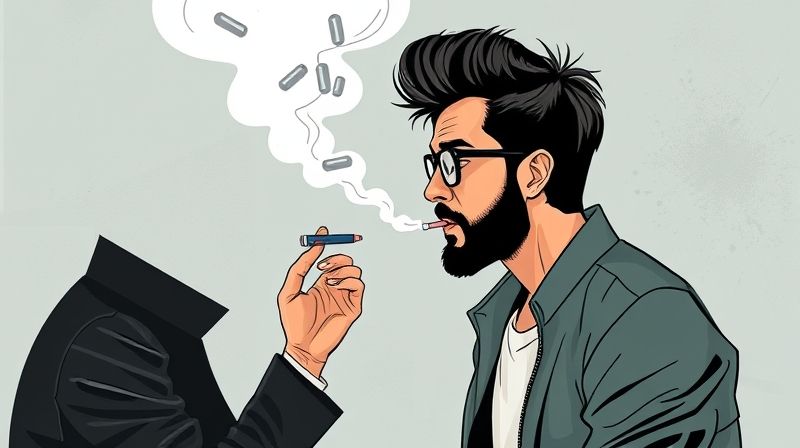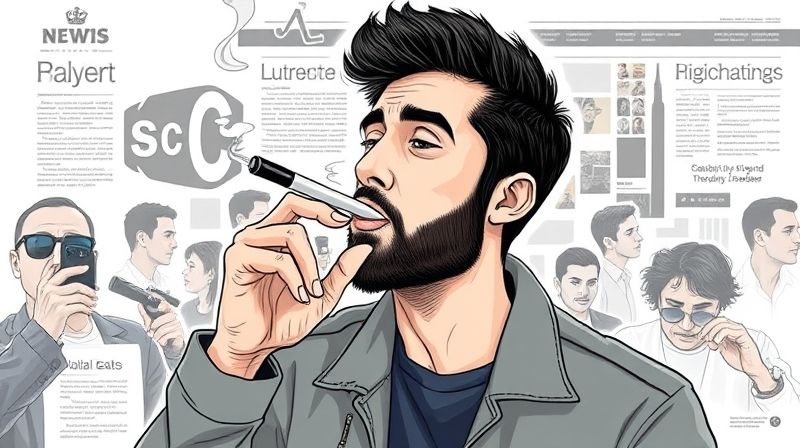The NHRC’s Intervention and its Implications

Ranbir Kapoor vaping controversy – Article illustration 1
The NHRC’s decision to seek legal action is a significant development, signaling a stricter approach to regulating the depiction of potentially harmful substances in entertainment. The commission’s statement emphasizes the need for responsible content creation and the potential consequences of glorifying or normalizing activities with negative health implications. This case sets a precedent, potentially impacting future productions and prompting a wider review of content guidelines for streaming platforms and film productions. The demand for action against Netflix, as the streaming platform hosting the show, underscores the responsibility of distributors in ensuring adherence to ethical and legal standards. The inclusion of Gauri Khan, a producer of the show, in the NHRC’s demand highlights the accountability of all parties involved in the production and distribution process.
Public Reaction and the Debate on Media Influence

Ranbir Kapoor vaping controversy – Article illustration 2
The controversy surrounding Ranbir Kapoor’s vaping scene has ignited a public debate on the influence of media on behavior and the need for stricter regulations. While some argue that the scene is a minor detail within a larger production, others believe it sends the wrong message, especially to young viewers who may be more susceptible to peer pressure and media influence. The debate also touches on the complexities of artistic expression versus social responsibility. While filmmakers strive for creative freedom, the potential consequences of their choices, particularly when it comes to potentially harmful behavior, cannot be ignored. The Ranbir Kapoor vaping controversy serves as a stark reminder of the ethical considerations involved in content creation and distribution.
Looking Ahead: The Future of Content Regulation
The outcome of the NHRC’s intervention will have significant implications for the future of content regulation in India. It could lead to stricter guidelines for depicting tobacco and vaping, potentially impacting the creative process and requiring more careful consideration of the potential social impact of media content. This case is a significant step in the ongoing conversation about the responsibility of media producers and distributors in protecting public health. The Ranbir Kapoor vaping controversy underscores the need for a balanced approach that respects artistic freedom while safeguarding public well-being. The coming months will be crucial in determining the extent to which this case alters the landscape of content creation and regulation in the Indian entertainment industry. Further legal action and public discourse will be key to shaping the future of responsible content production.


